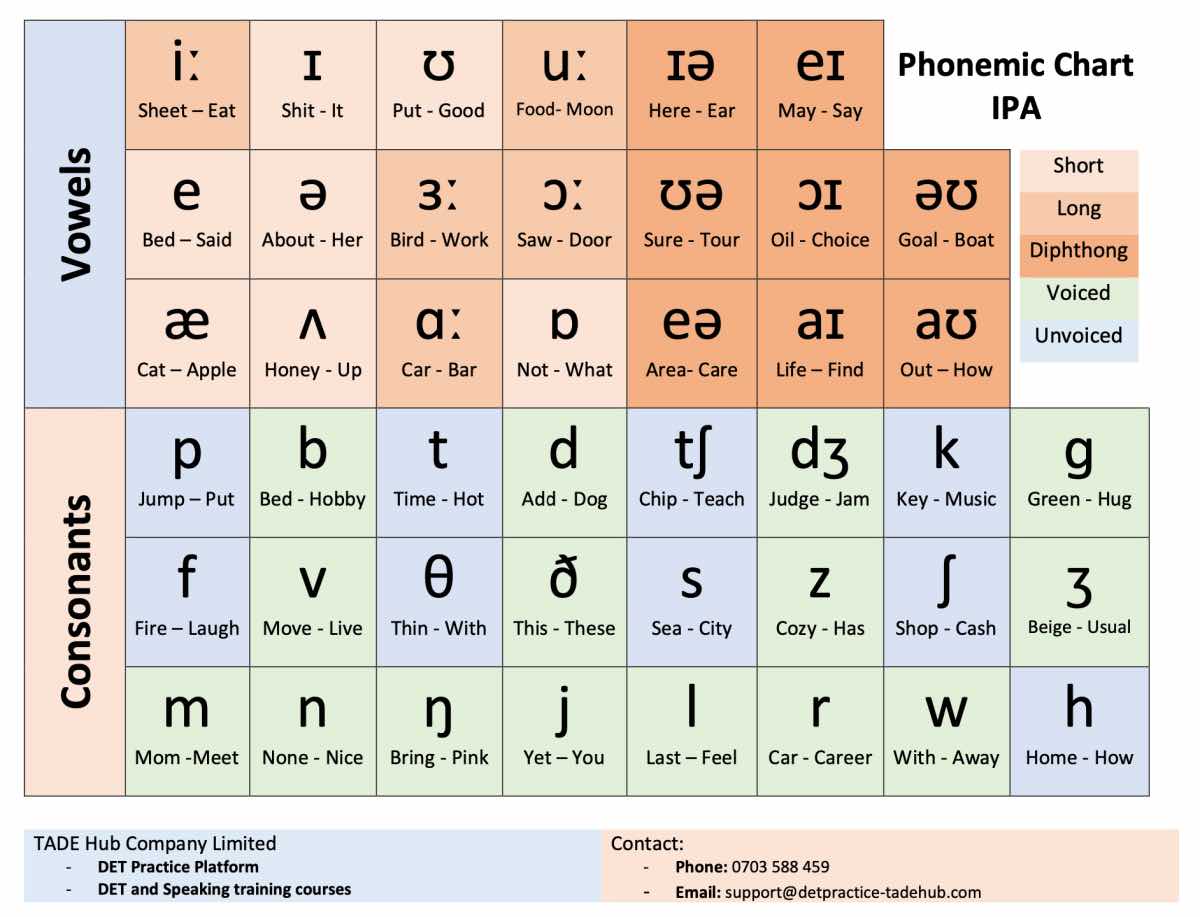Phonetic Alphabet Guide

Introduction to the Phonetic Alphabet

The phonetic alphabet, also known as the NATO phonetic alphabet, is a standardized system used to clearly communicate letters and numbers over radio and phone communications, especially in situations where standard communication may be unclear. This system is crucial for aviation, maritime, and military communications, as well as in any situation where miscommunication could lead to serious consequences.
History of the Phonetic Alphabet

The phonetic alphabet has its roots in the early 20th century, but the version used today was developed in the 1950s by the International Civil Aviation Organization (ICAO). The goal was to create a system that would be universally understood and used, to avoid confusion between similar-sounding letters. Over the years, the phonetic alphabet has undergone several revisions, with the current version being the most widely recognized and used.
Phonetic Alphabet Chart

The phonetic alphabet consists of 26 code words, each representing a letter of the alphabet. Here is a breakdown of the phonetic alphabet:
| Letter | Phonetic Alphabet |
|---|---|
| A | Alpha |
| B | Bravo |
| C | Charlie |
| D | Delta |
| E | Echo |
| F | Foxtrot |
| G | Golf |
| H | Hotel |
| I | India |
| J | Juliet |
| K | Kilo |
| L | Lima |
| M | Mike |
| N | November |
| O | Oscar |
| P | Papa |
| Q | Quebec |
| R | Romeo |
| S | Sierra |
| T | Tango |
| U | Uniform |
| V | Victor |
| W | Whiskey |
| X | X-ray |
| Y | Yankee |
| Z | Zulu |

Using the Phonetic Alphabet

Using the phonetic alphabet is straightforward. Each letter is replaced by its corresponding code word. For example, the word “cat” would be pronounced as “Charlie Alpha Tango”. This system ensures that even in situations with significant background noise or interference, the message can be understood clearly.
Benefits of the Phonetic Alphabet

The phonetic alphabet offers several benefits, including:
- Improved Communication: It reduces errors in communication by providing a clear and distinct way to pronounce letters and numbers.
- Universal Understanding: The phonetic alphabet is used internationally, making it a universal language that transcends linguistic barriers.
- Enhanced Safety: In critical situations, such as aviation and maritime communications, the use of the phonetic alphabet can prevent accidents caused by miscommunication.
💡 Note: The phonetic alphabet is not only useful for professional communications but also for personal use, especially in situations where communication may be challenging, such as in noisy environments or when speaking with someone who has a different accent or language background.
Learning the Phonetic Alphabet

To become proficient in using the phonetic alphabet, it’s essential to practice regularly. Here are some tips to help you learn:
- Start with the Basics: Begin by memorizing the code words for each letter of the alphabet.
- Practice, Practice, Practice: The more you practice using the phonetic alphabet, the more comfortable you will become with it.
- Use Flashcards: Creating flashcards with the letter on one side and the code word on the other can be an effective way to learn.
The phonetic alphabet is a valuable tool for clear and effective communication, especially in situations where standard communication methods may fail. By understanding and using the phonetic alphabet, individuals can improve their communication skills and contribute to safer, more efficient operations in various fields. The key to mastering the phonetic alphabet is consistent practice and application in daily life, making it an indispensable skill for both personal and professional development.
What is the purpose of the phonetic alphabet?

+
The purpose of the phonetic alphabet is to provide a standardized system for clearly communicating letters and numbers over radio and phone communications, especially in situations where standard communication may be unclear.
How is the phonetic alphabet used?

+
The phonetic alphabet is used by replacing each letter with its corresponding code word. For example, the word “cat” would be pronounced as “Charlie Alpha Tango”.
Why is the phonetic alphabet important?

+
The phonetic alphabet is important because it improves communication, provides universal understanding, and enhances safety in critical situations such as aviation and maritime communications.



